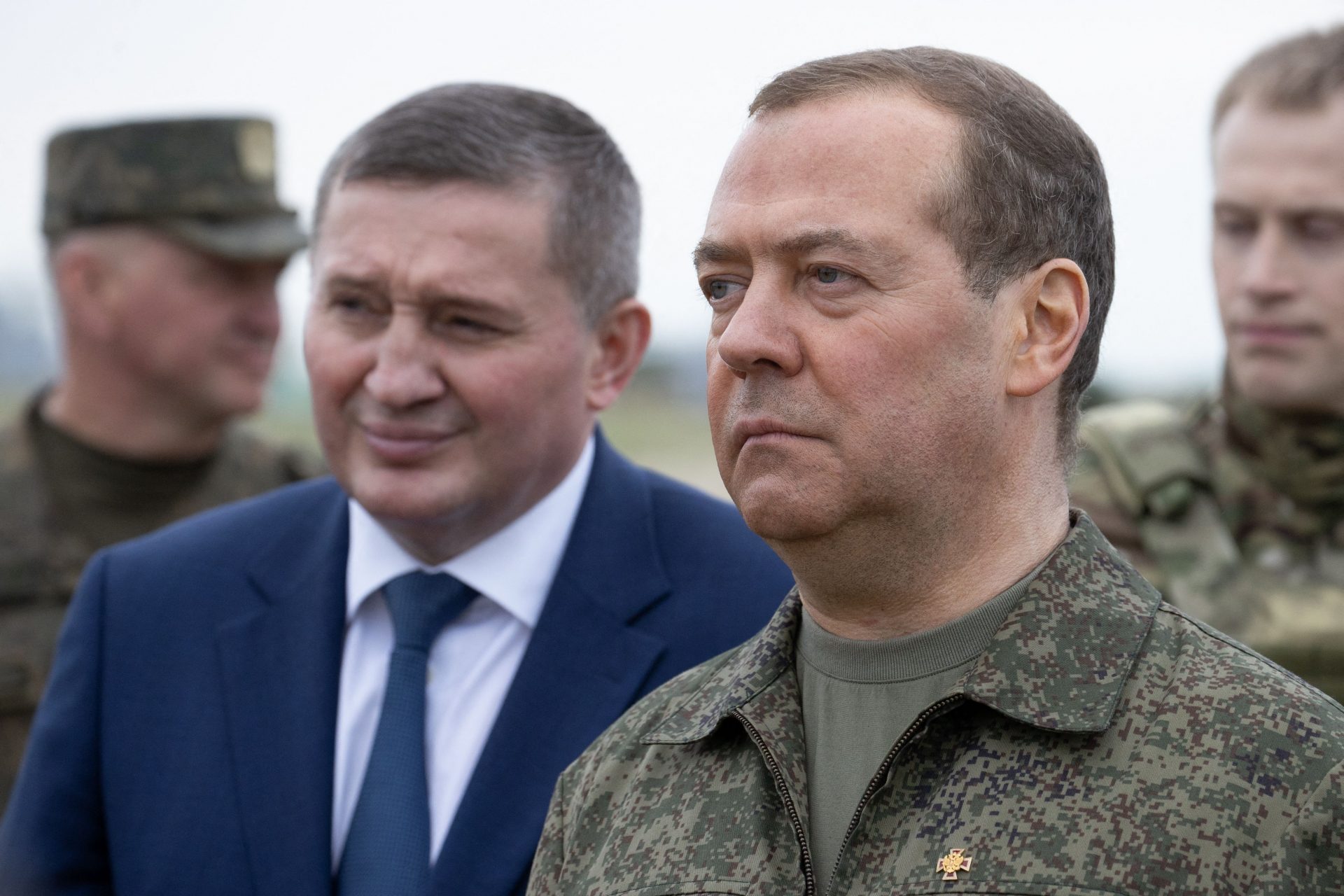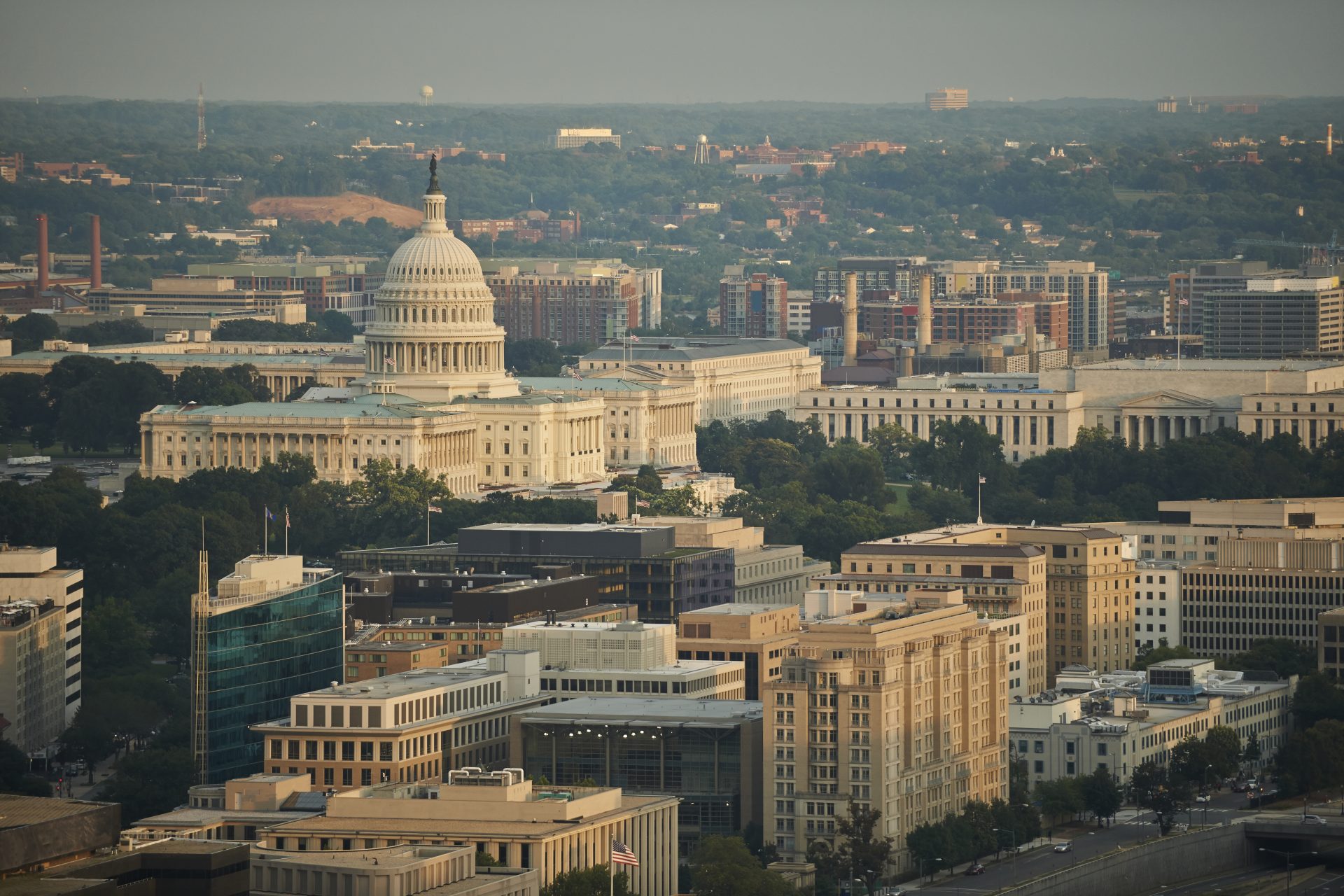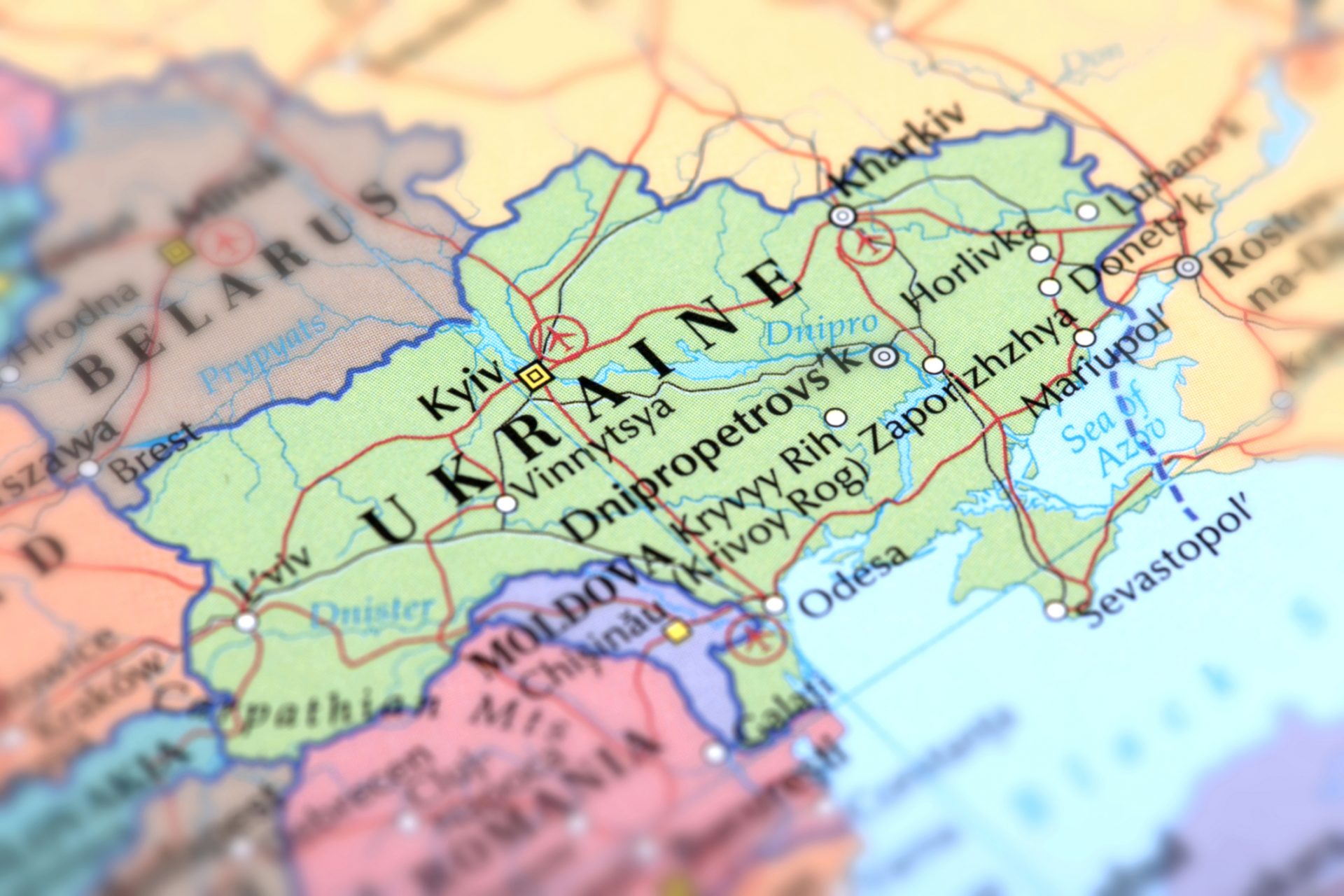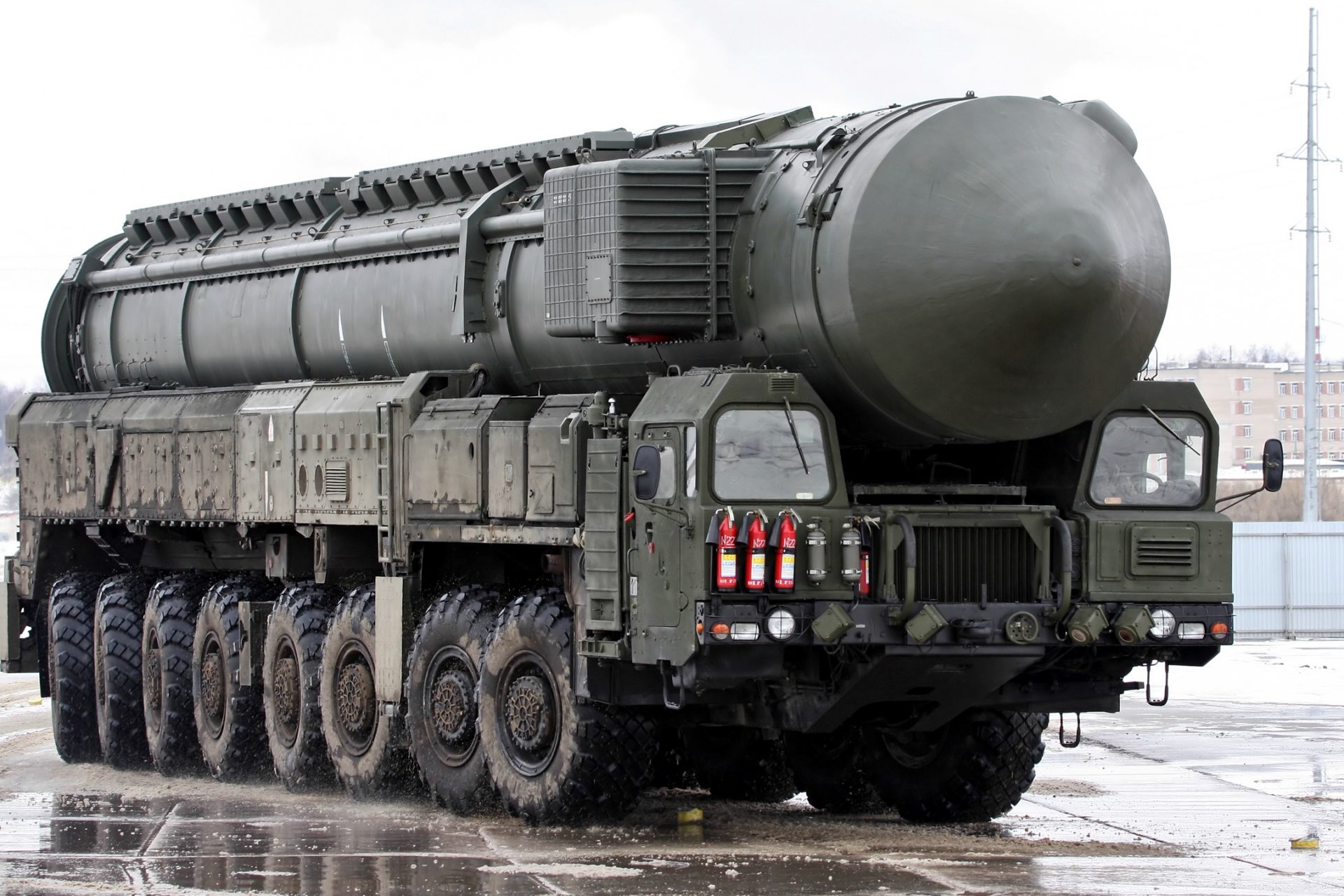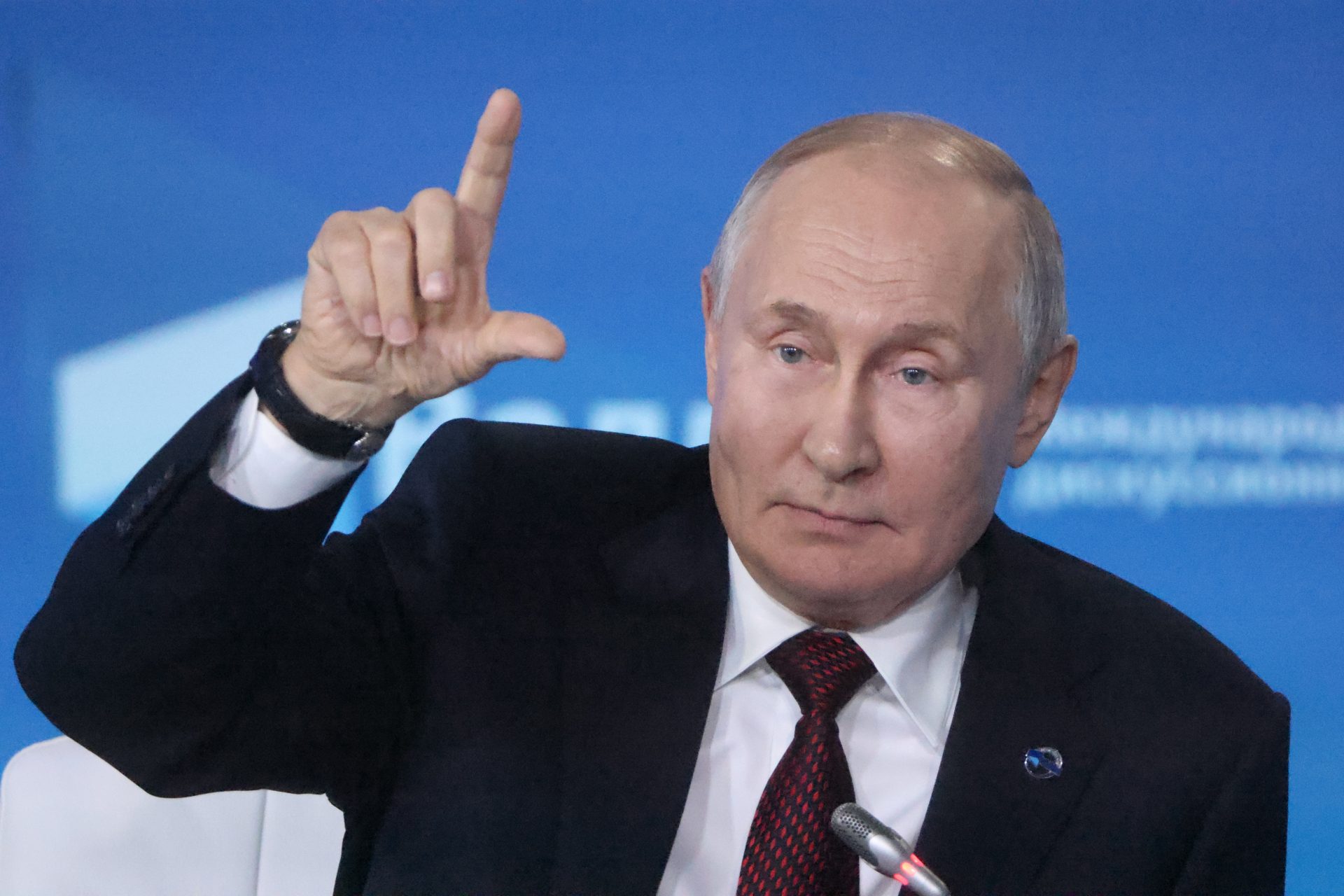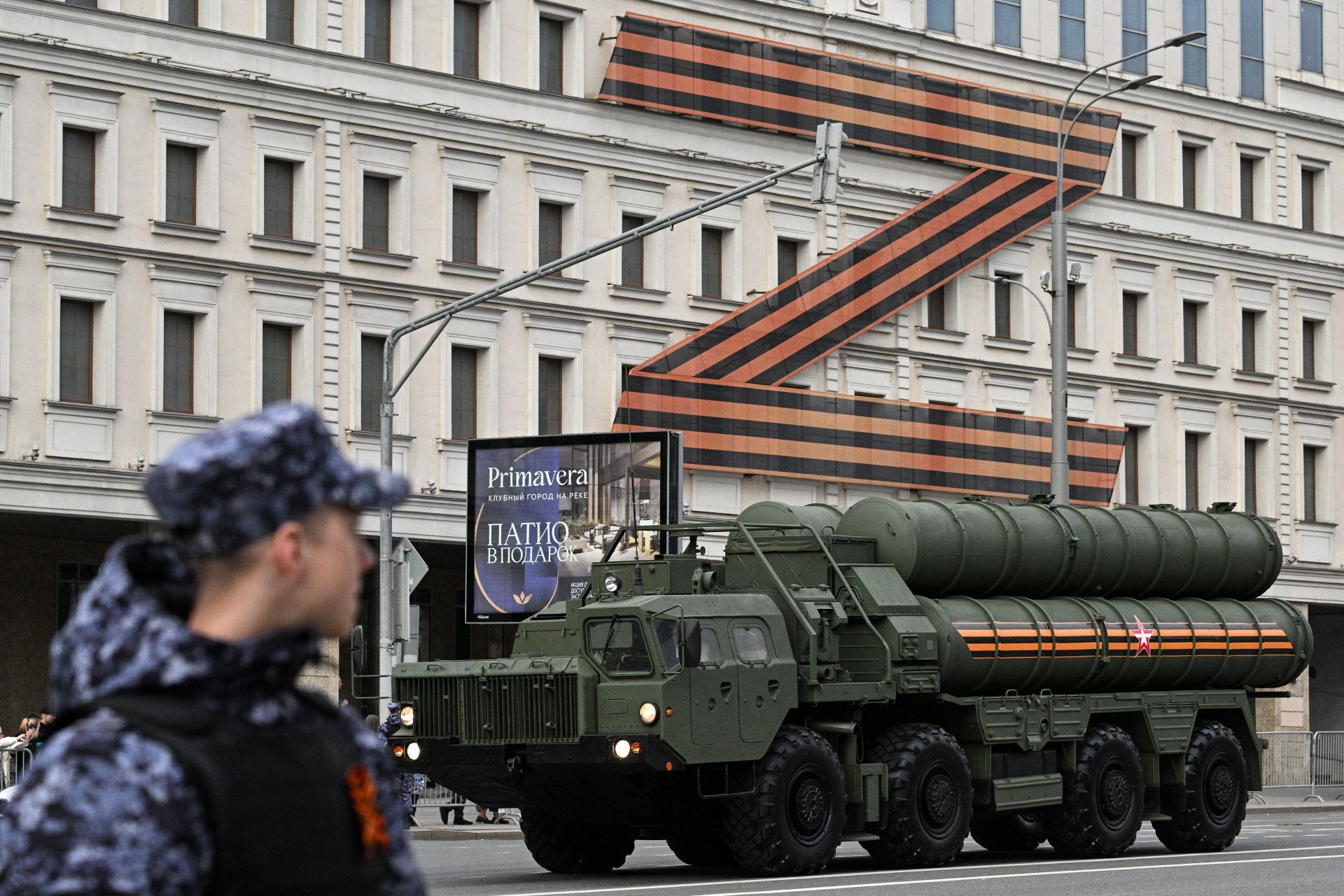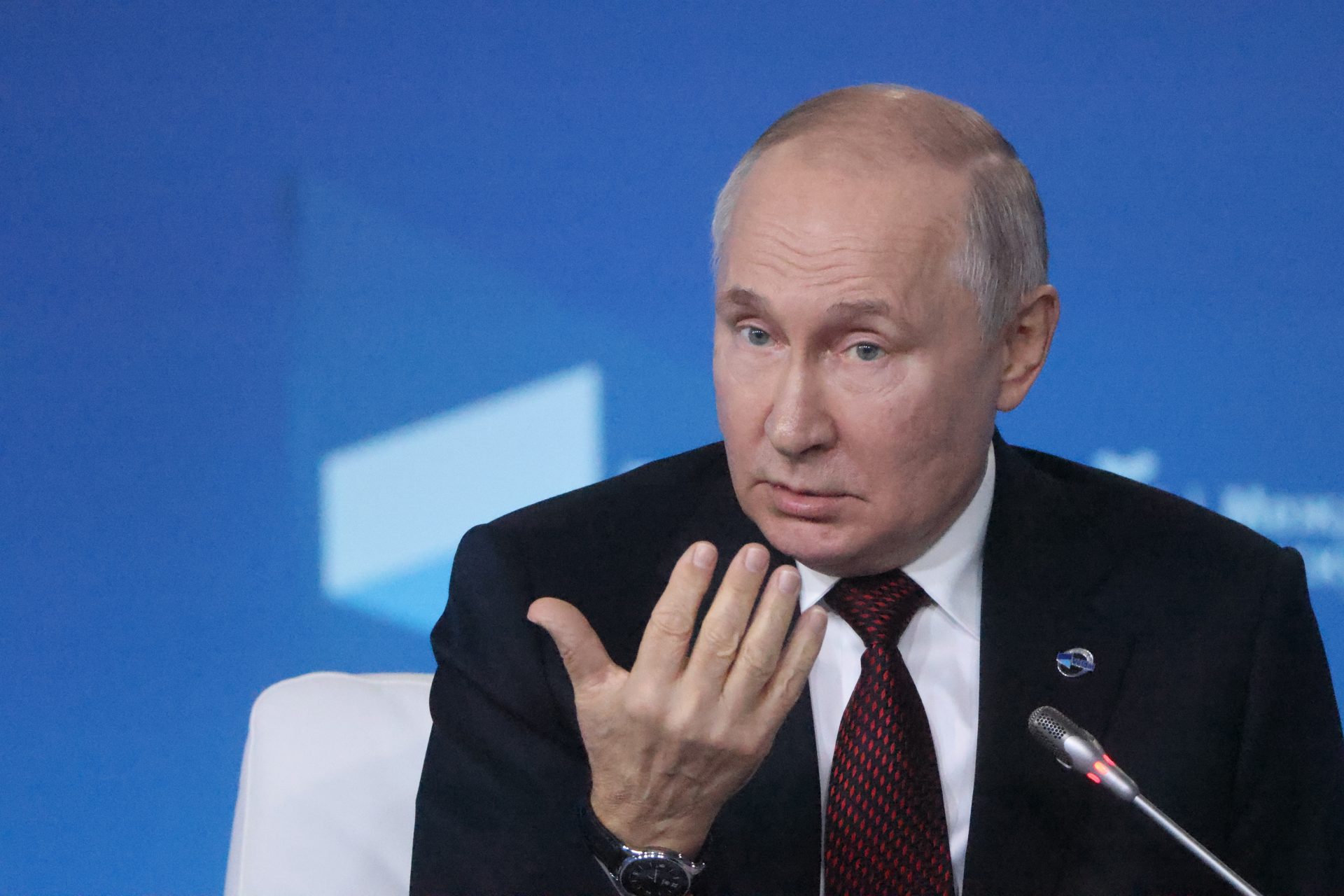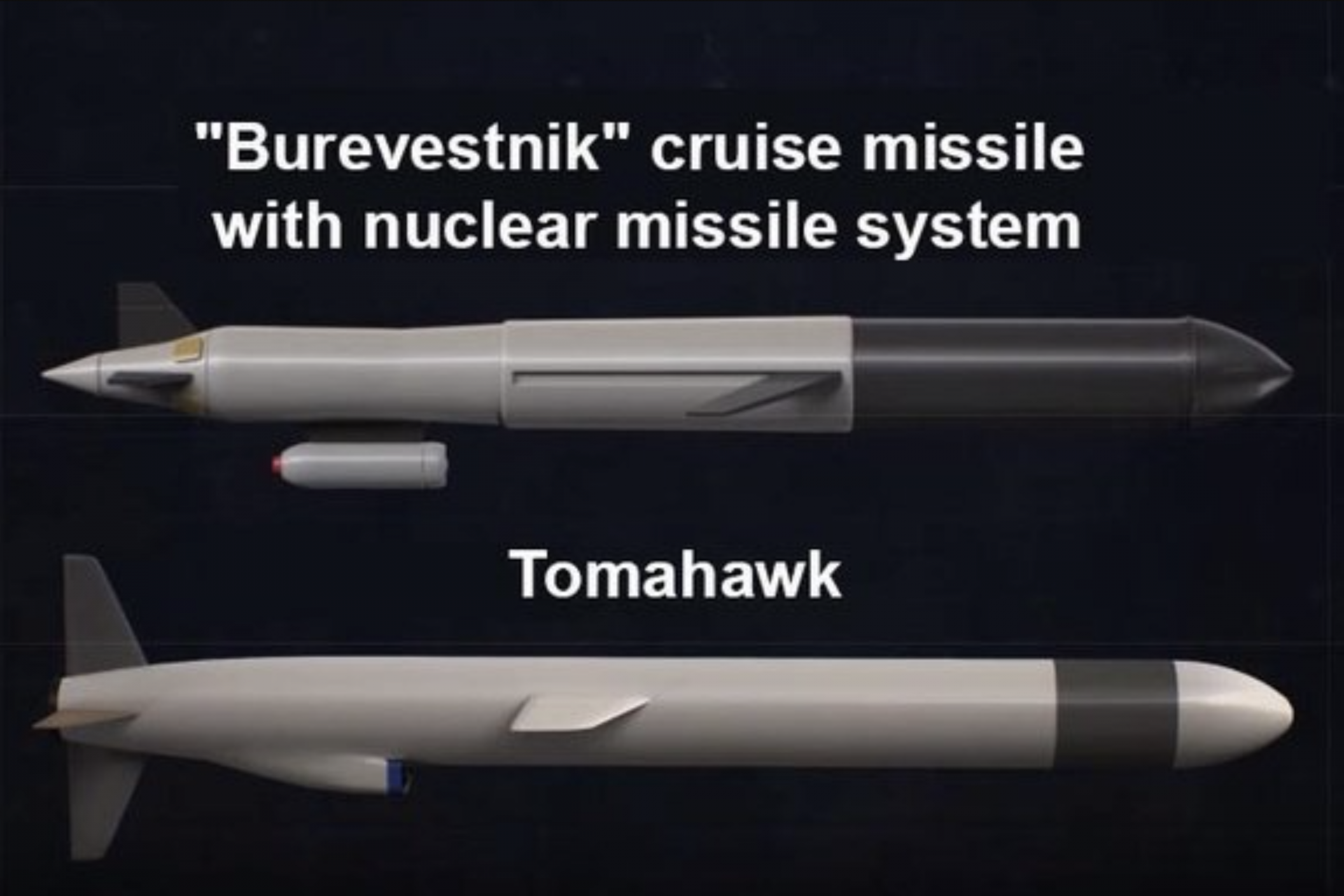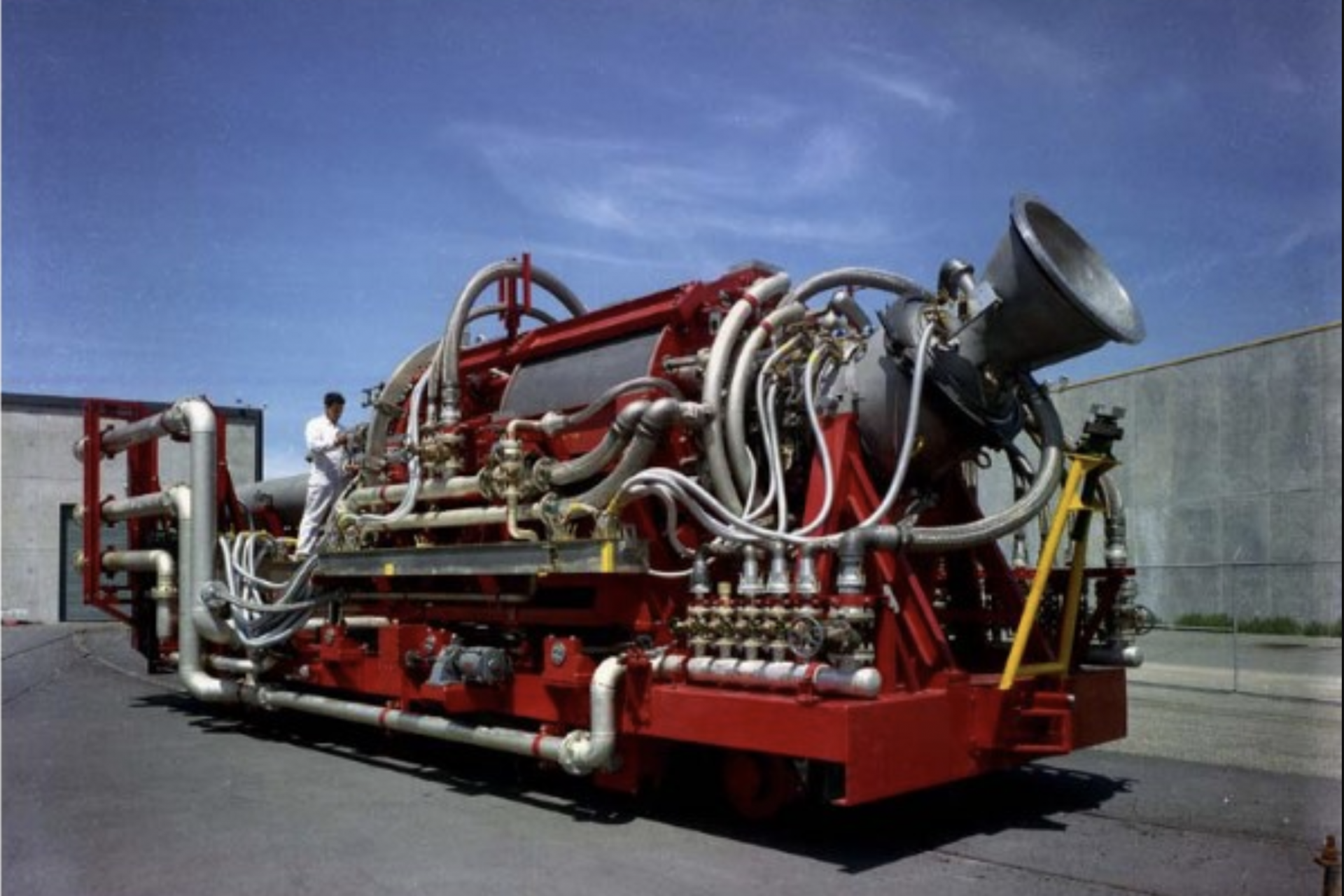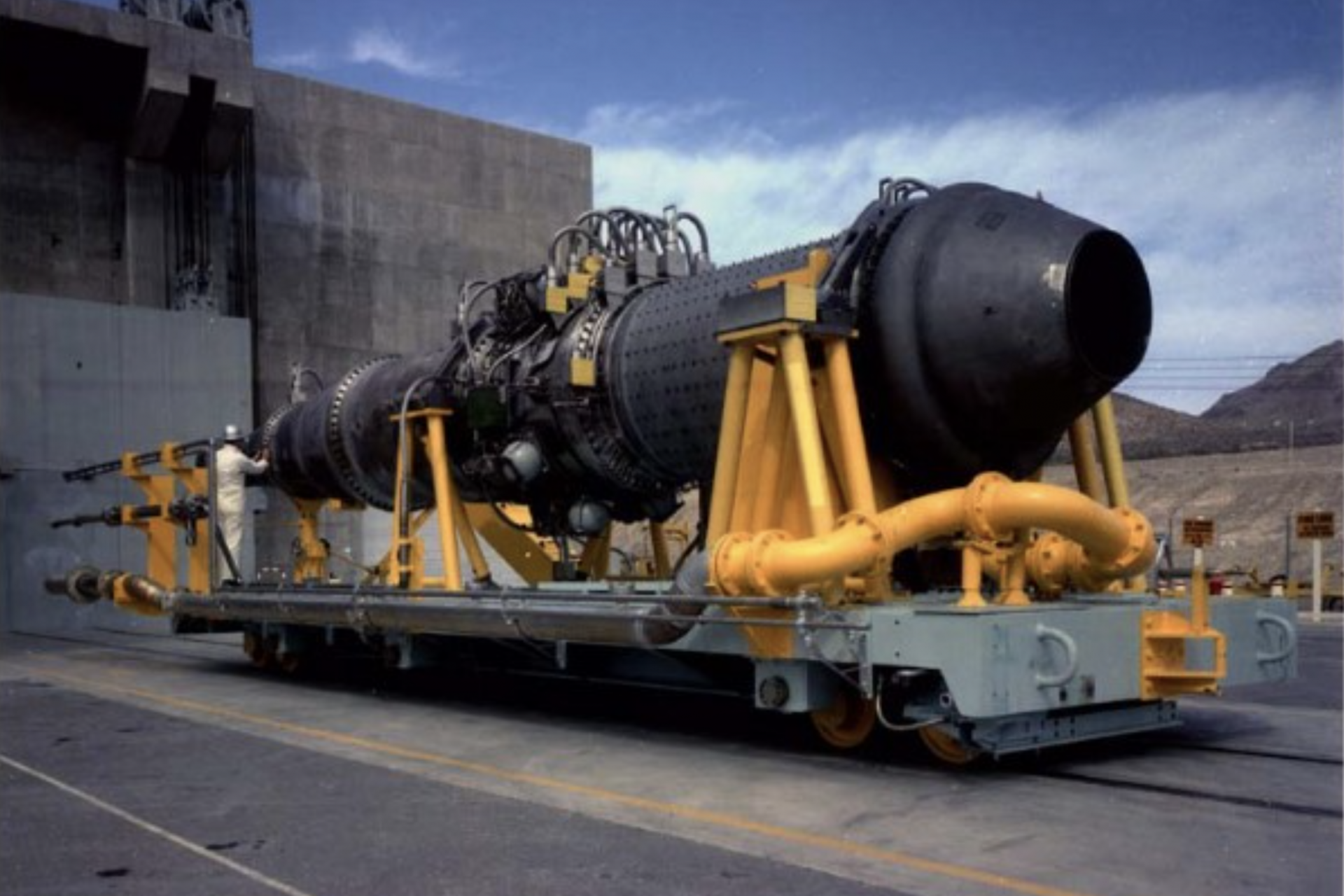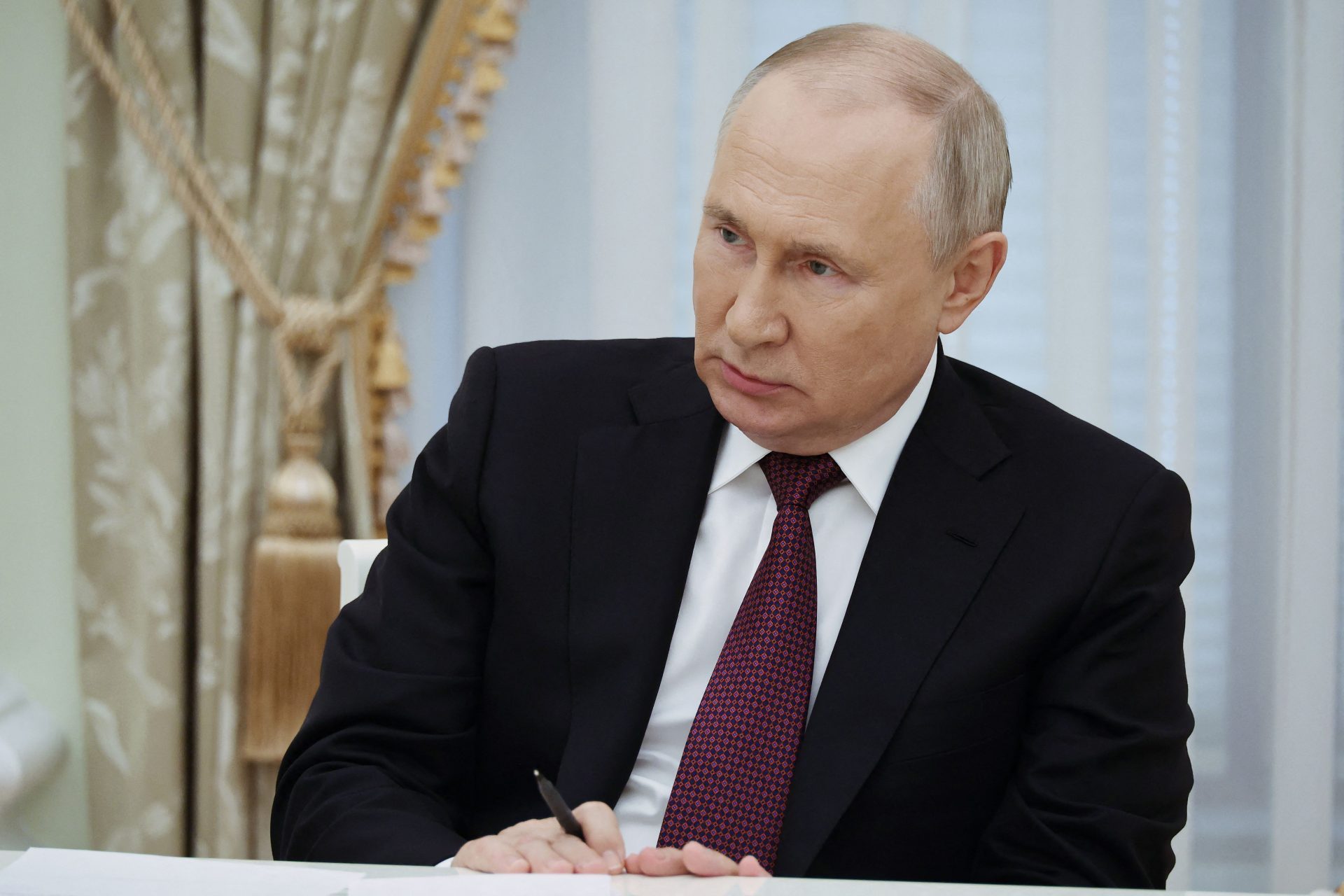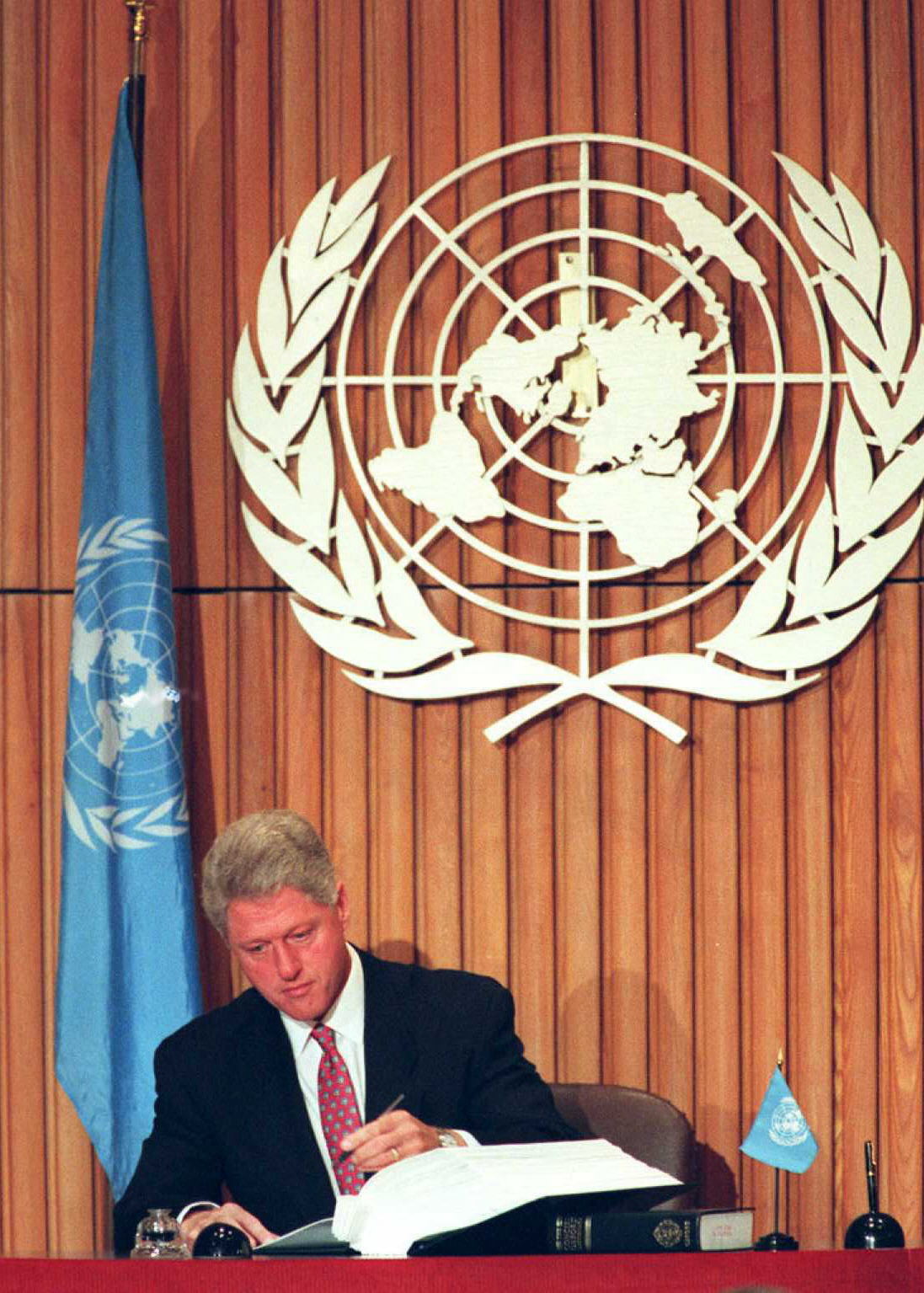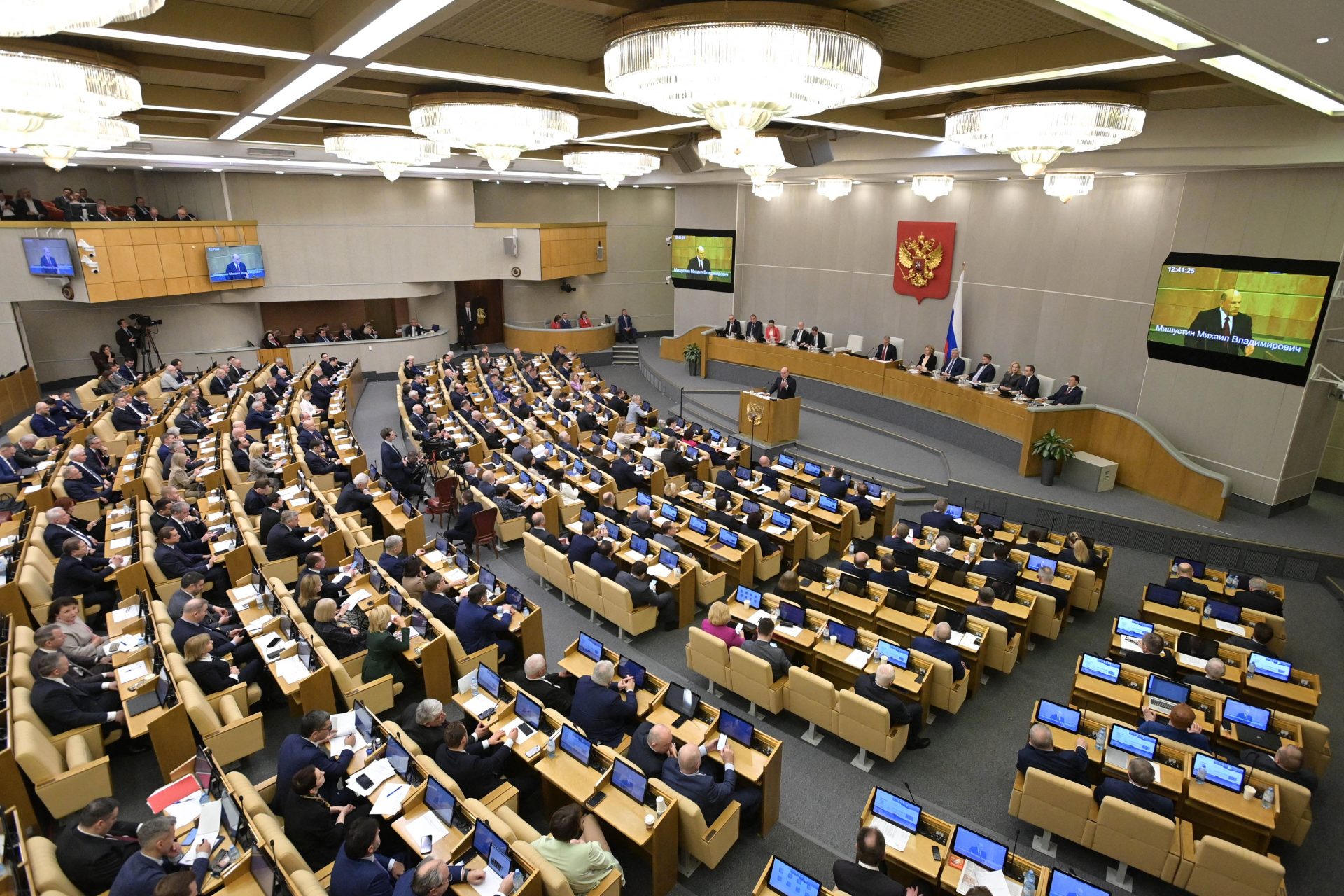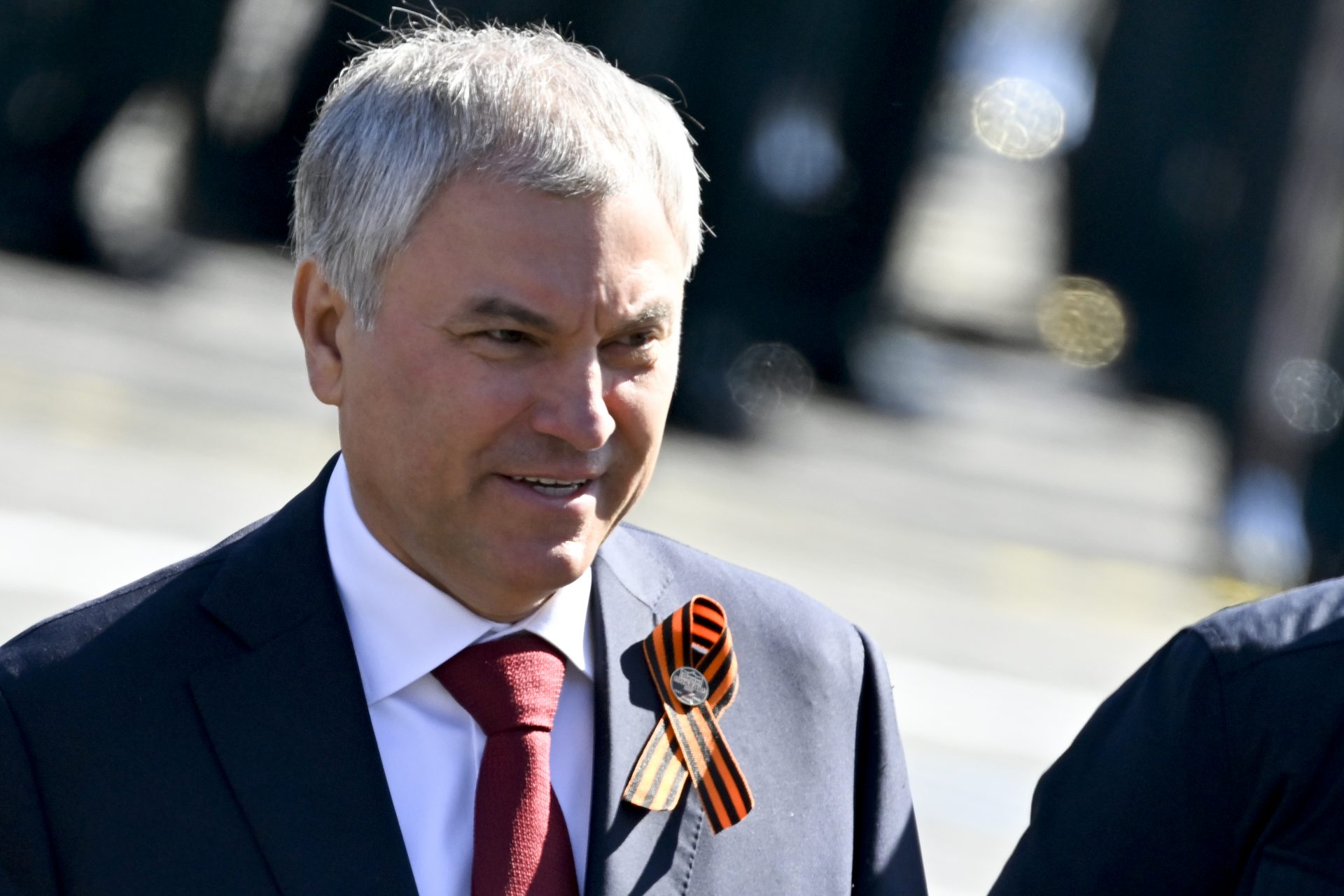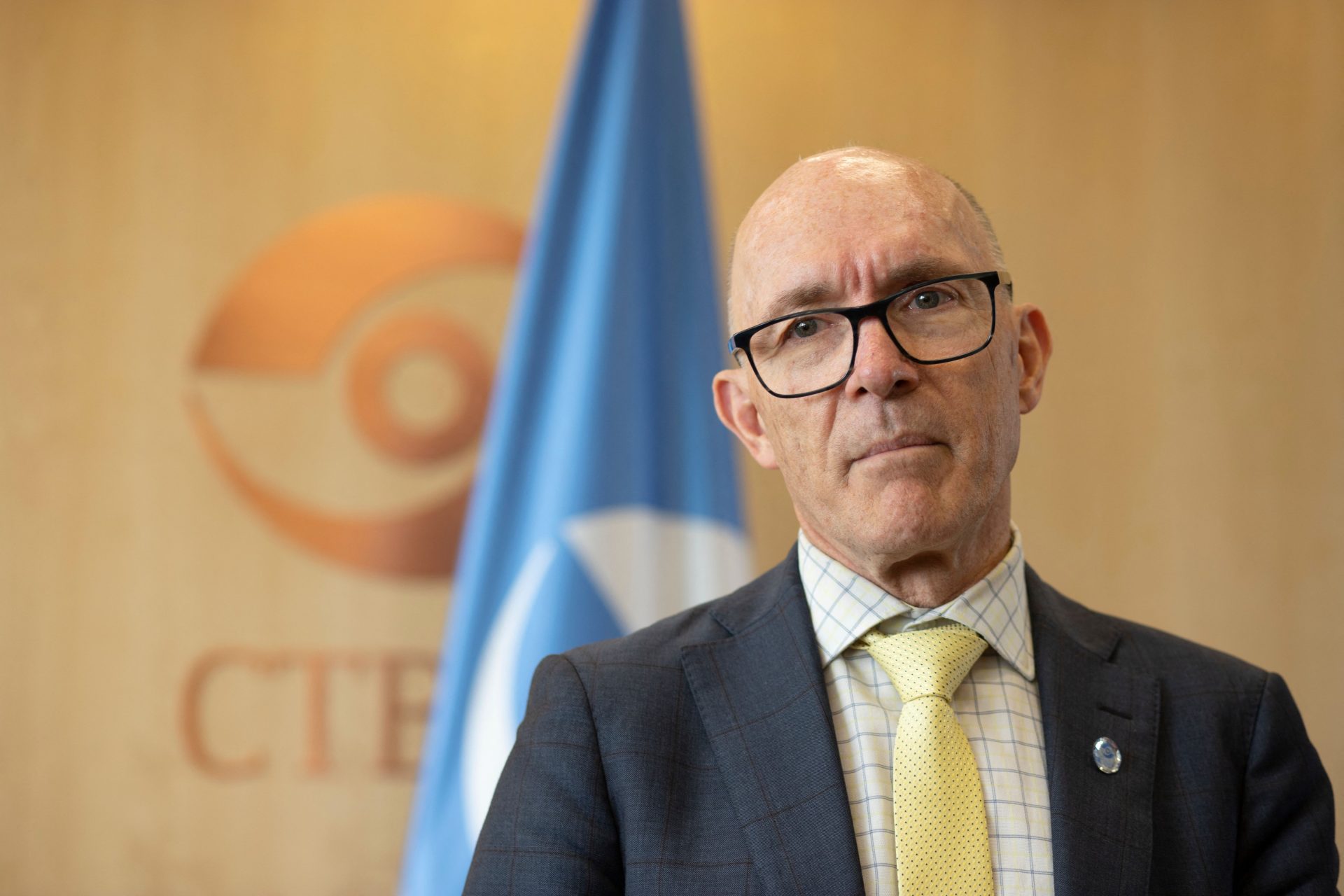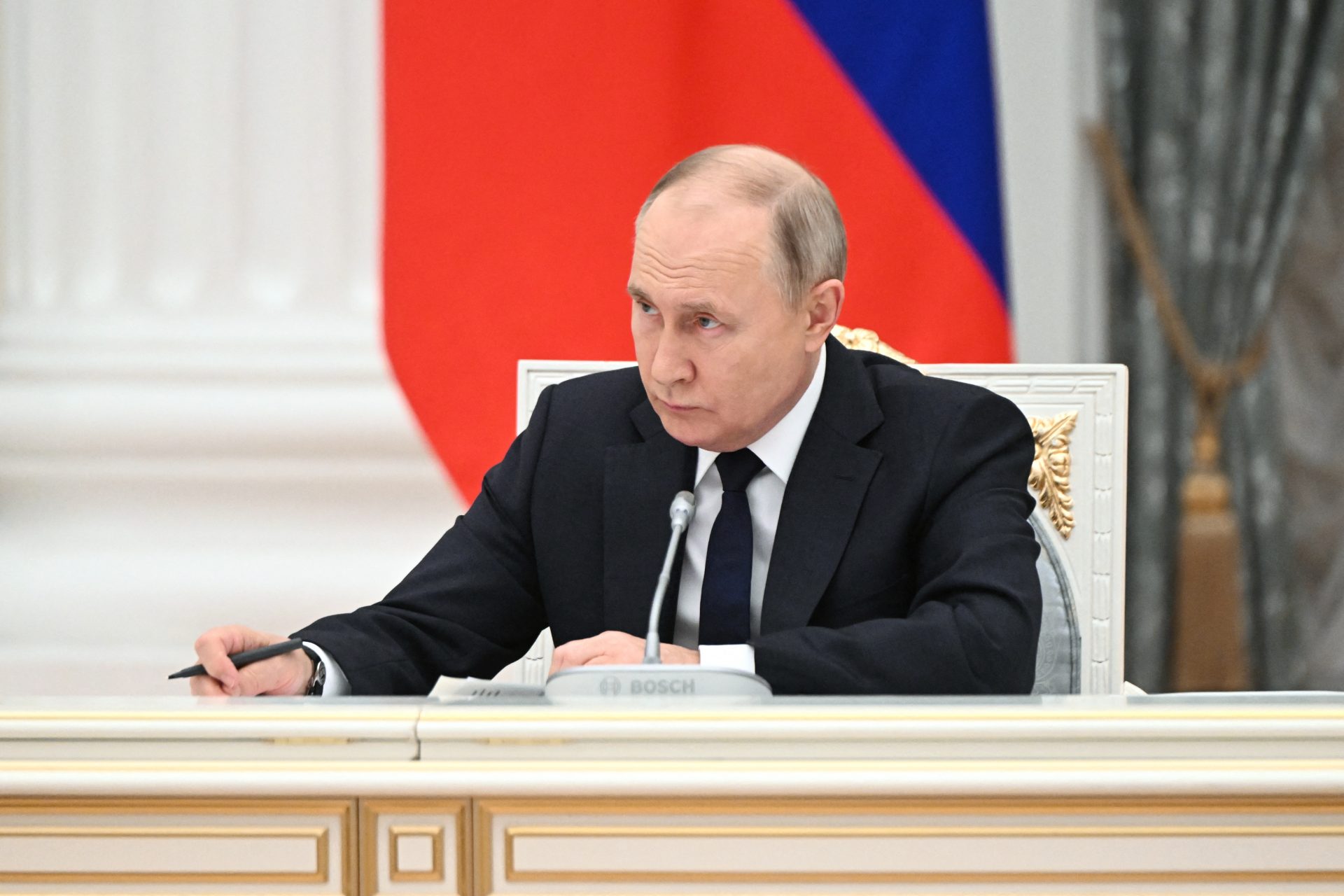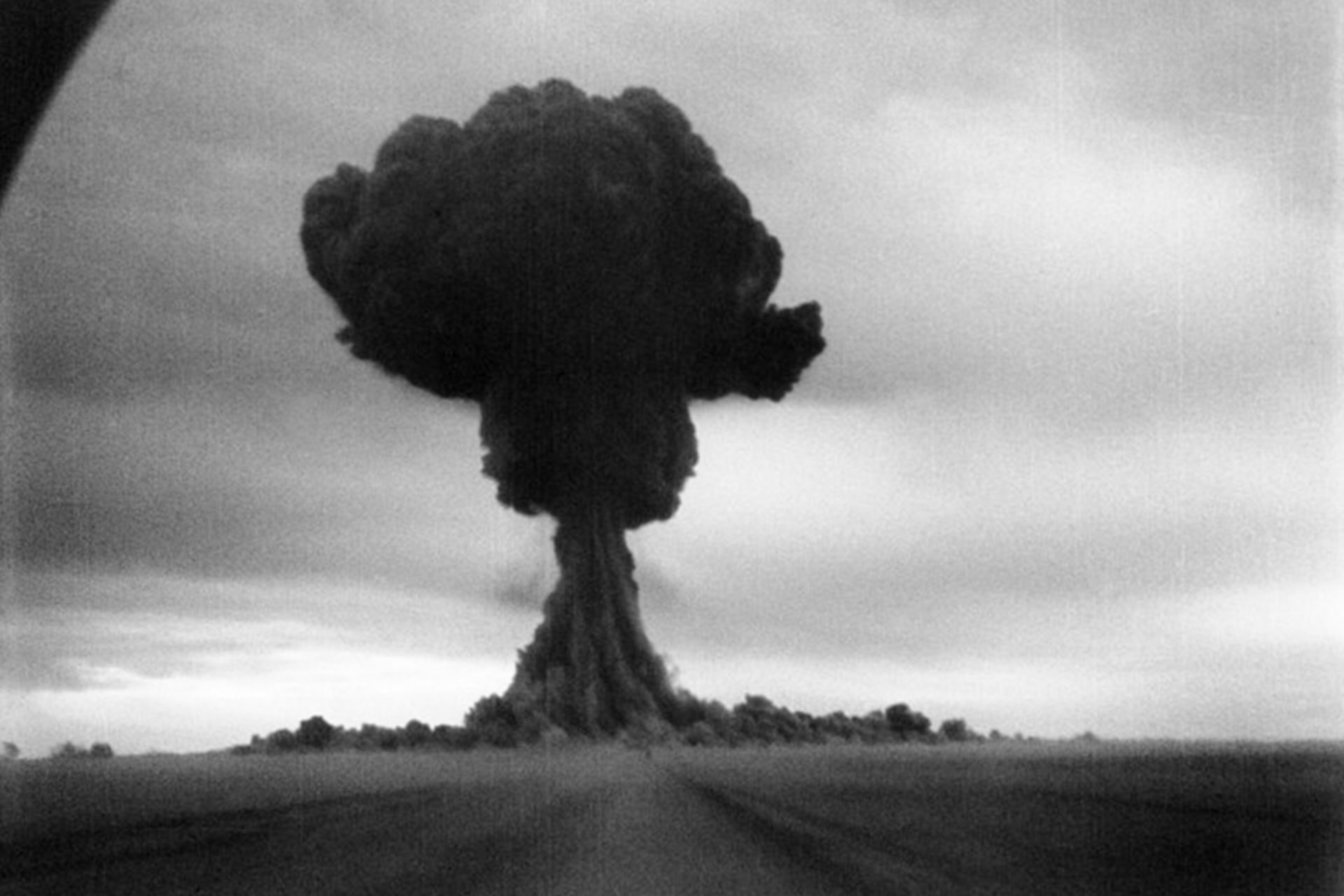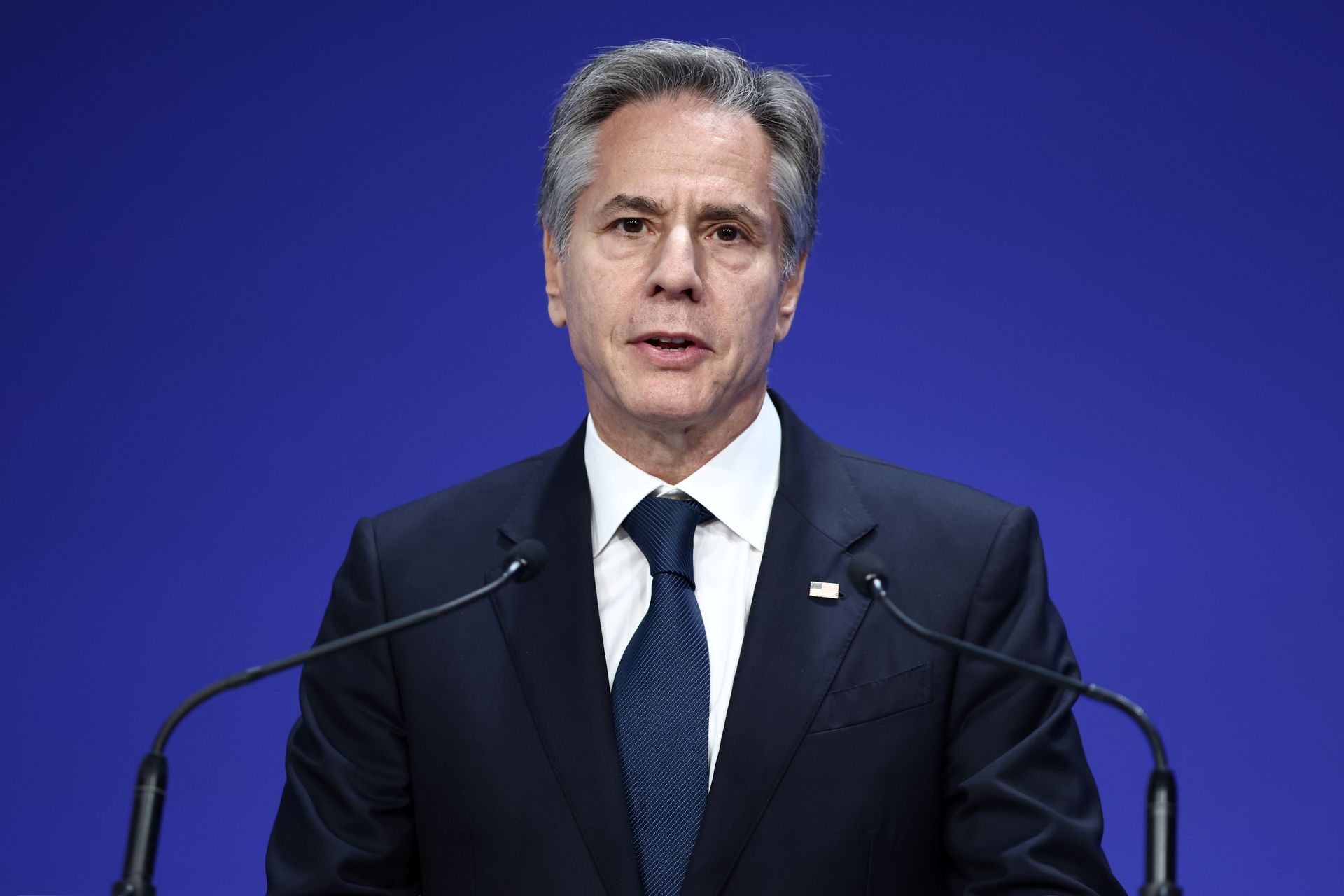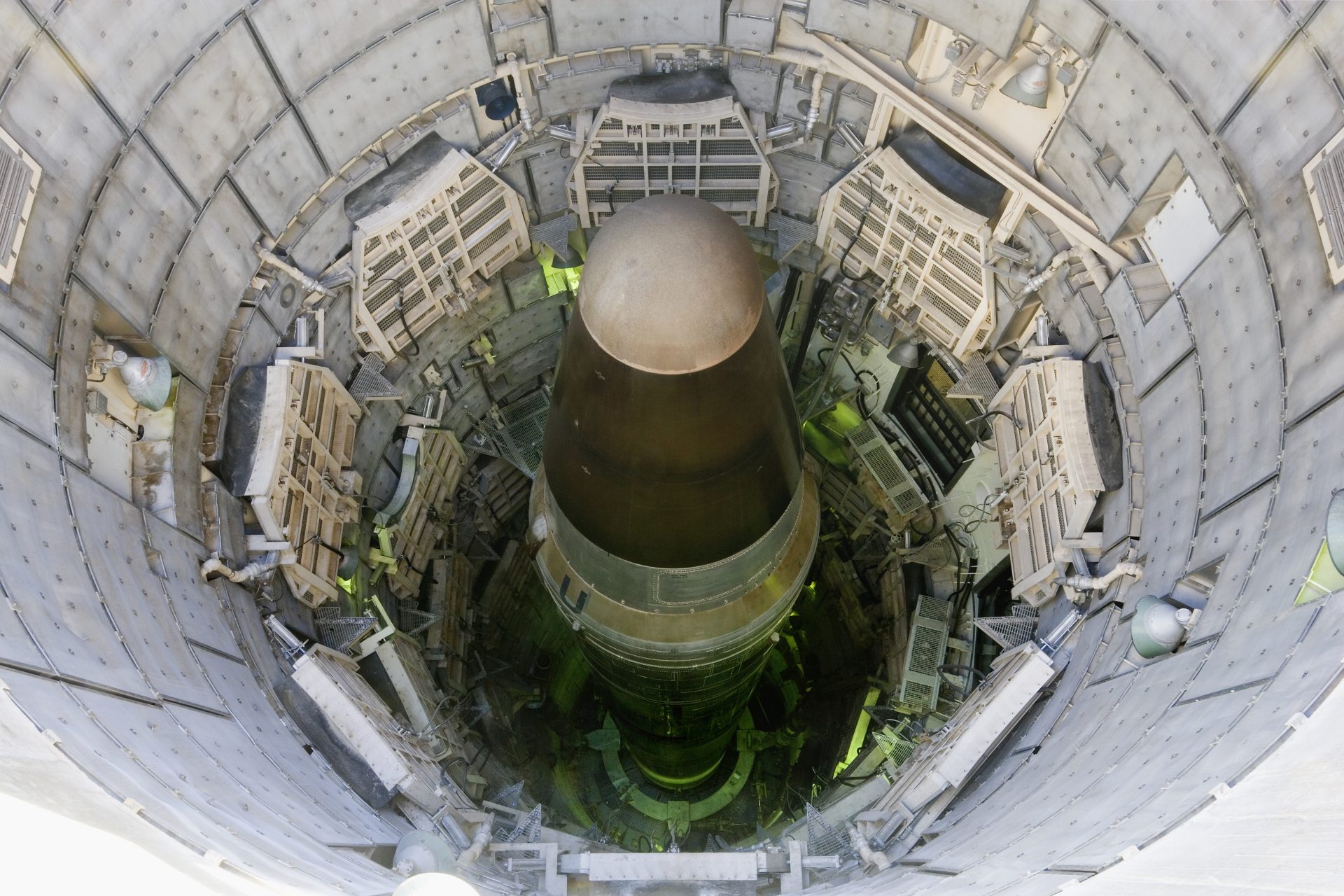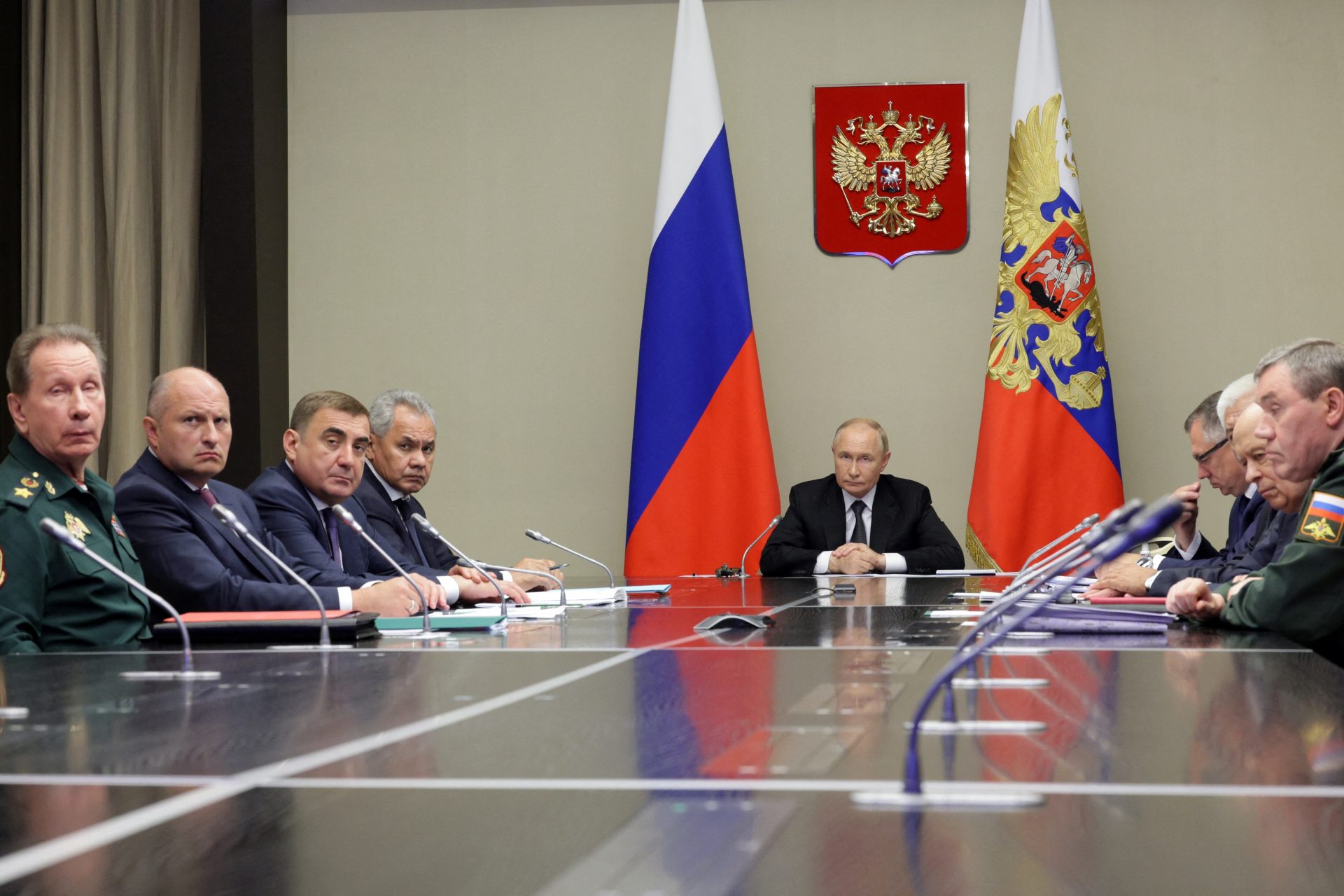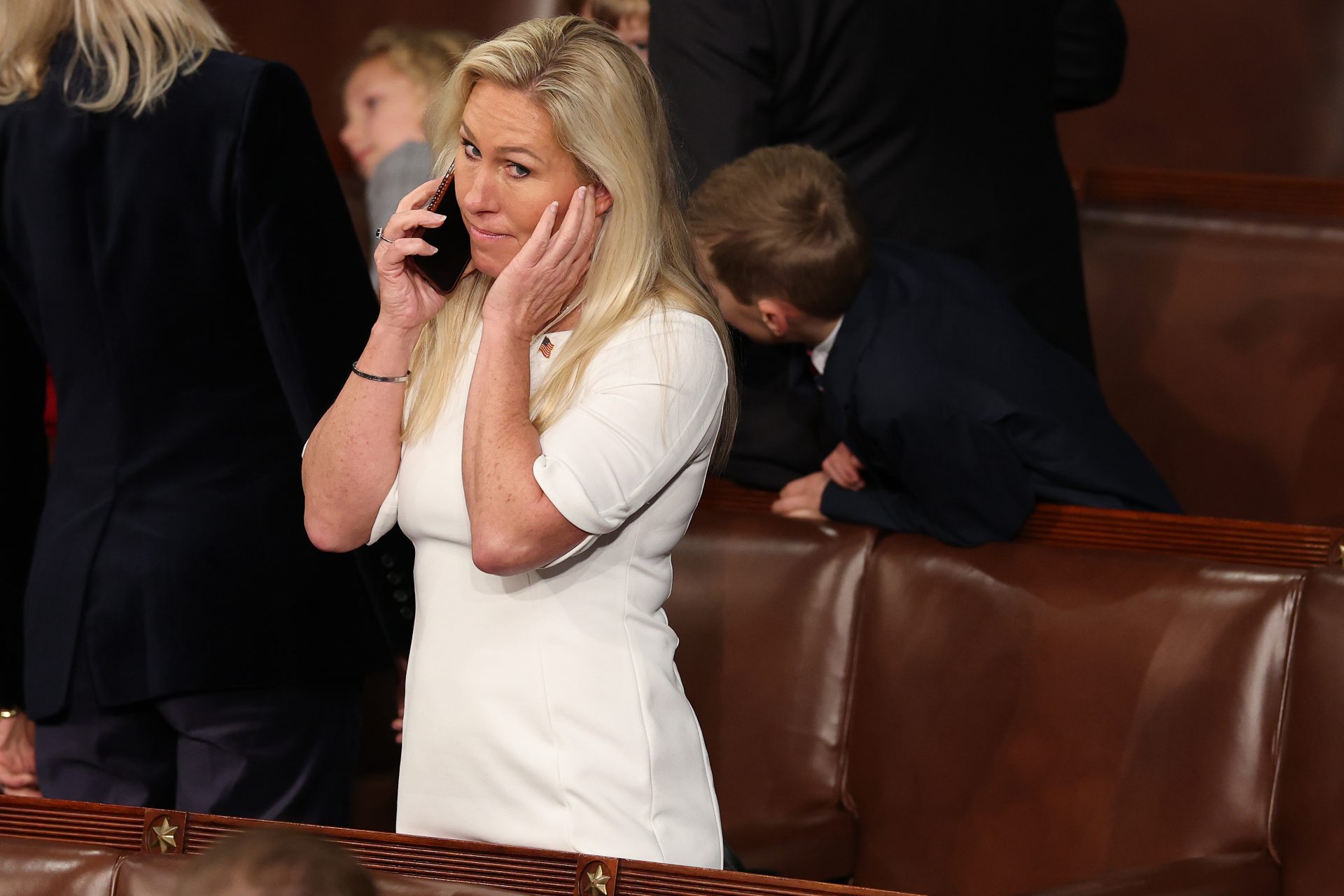Remember when Dmitry Medvedev made a very worrying nuclear threat?
In February 2024, former Russian President Dmitry Medvedev issued an extremely worrying warning to the West that threatened to bring nuclear war to the world if Russia was forced out of the territory its armed forces had captured in Ukraine since invading the country in February 2022.
Dmitry Medvedev is the Deputy Chairman of the Russian Security Council and on February 18th he threatened that Kyiv, Berlin, London, and Washington would be the future targets of a nuclear attack if Ukraine were to push Russia out of the territory that it has conquered.
"Let's imagine for a moment that Russia lost and 'Ukraine with its allies' won. What for our enemies—the neo-Nazis with their Western sponsors—would be such a victory?" Medvedev asked his audience on Telegram rhetorically according to a report from Newsweek, which took its translation from Anton Gershenko, a former Advisor to Ukriane's Internal Affairs Minister.
Medvedev went on to explain that a return to Ukraine's 1991 borders would lead to the collapse of Russia, which in turn would lead to a global war with the West that would eventually turn nuclear.
"The collapse of Russia will have much more terrible consequences than the results of an ordinary, even the most protracted war. For attempts to return Russia to the borders of 1991 will lead to only one thing. To the global war with the Western countries using all the strategic arsenal of our state," Medvedev explained in his post.
"Against Kyiv, Berlin, London, Washington. Against all other beautiful historical places that have been long ago included in the flight targets of our nuclear triad," Medvedev continued in what was the most alarming nuclear threat from Russia at the time since Putin announced the testing of a new strategic nuclear missile in October 2023.
Photo Credit: By Vitaly V. Kuzmin, CC BY-SA 4.0
On October 5th, President Vladimir Putin claimed that Russia had successfully tested a new strategic nuclear missile and also indicated that his country could revoke the ratification of The Comprehensive Nuclear-Test-Ban-Treaty.
Putin continued his ongoing veiled nuclear threats at a time when tensions between Washington and Moscow had reached a breaking point as both countries struggle with the ongoing war in Ukraine. But Putin’s remarks were somewhat worrying.
“The last successful test of the Burevestnik, a global-range cruise missile with a nuclear propulsion system, was carried out,” Putin explained during a forum in the southern city of Sochi, adding Russia was moving towards mass production.
This new weapon was first revealed to the world in 2018, according to NBC News, and it was described by the Russian Ministry of Defense’s website as a nuclear-powered cruise missile with a purportedly unlimited range. But is such a weapon actually useful?
NBC News journalist Yuliya Talmazan noted that Burevestnik’s nuclear propulsion might allow the weapon to cover further distances and stay airborne for longer than most other cruise missiles, but that could make the missile unreliable.
Photo Credit: Twitter @Ninja998998
“This is a stupid weapon system, designed by stupid people for operational reasons that are not tremendously useful,” William Alberque, Director of Strategy, Technology, and Arms Control at the International Institute for Strategic Study told NBC News.
Pictured: Pluto Project / U.S. Tory-IIA prototype.
Photo Credit: Wiki Commons: By Department of Energy, Public Domain
“There is a reason the U.S. abandoned this technology in the Cold War. It’s just a bad idea,” Alberque continued, adding that the technology of the weapon wasn’t too difficult but the ability to safely deploy the weapon made it difficult.
Pictured: Pluto Project / U.S. Tory-IIC prototype.
Photo Credit: Wiki Commons: Department of Energy, Public Domain
What was more concerning than the new nuclear cruise missile Russia may soon stock in its arsenals was the fact that Putin threatened to revoke the ratification of The Comprehensive Nuclear-Test-Ban-Treaty in order to test his new weapon.
The Comprehensive Nuclear-Test-Ban-Treaty bans all nuclear explosions whether it be for peaceful or military use according to the treaty’s website. It was signed by both Russia and the United States but American officials never ratified the treaty.
Politicians in Russia were quick to comment on the de-ratification of the test ban treaty and a statement from the Chairmen of the State Duma on October 6th made it seem as if the ratification of the test ban treaty would be reconsidered by Russian lawmakers.
Chairmen Vyacheslav Volodin explained “Washington and Brussels have unleashed a war against our country” according to a translation from the Associated Press. “Today’s challenges require new decisions.”
Lawmakers were set to discuss reversing ratification of the test ban treaty the following week. “It conforms with our national interests,” Volodin said. “And it will come as a quid pro quo response to the United States, which has still failed to ratify the treaty.”
On October 9th, senior Russian lawmakers were given ten days from October 10th onward to study the test ban treaty and whether or not its ratification should be revoked according to Reuters, which added the move was designed to “evoke fear.”
Robert Floyd is the head of the Comprehensive Nuclear-Test-Ban-Treaty Organization and Reuters reported he had been working to get in touch with Russian lawmakers in order to explain why the test ban treaty is pivotal to the interests of all humanity.
"The [Comprehensive Nuclear-Test-Ban-Treaty Organization] operates a global monitoring system which can detect a nuclear test explosion anytime, anywhere," Floyd said in a statement.
"Banning nuclear testing remains essential to preventing the spread of nuclear weapons and to safeguarding current and future generations from the harmful effects of explosive nuclear testing,” Floyd added.
On November 2nd, 2023, Putin signed a bill into law that revoked its ratification of the Comprehensive Nuclear-Test-Ban-Treaty, citing US failure to ratify the treaty as creating an "imbalance" and "unacceptable in the current international situation" according to a Kremlin statement quoted by the Arms Control Association.
What would happen when Russia revoked its ratification of the test ban treaty was not known at the time but it was believed by some at the time that Putin would begin testing nuclear weapons in Russia’s Far East as a show of force to scare the world into complying with Moscow’s desire to conquer Ukraine.
U.S. Secretary of State Antony Blinken responded to the move at the time by telling reporters “Russia’s action [would] only serve to set back confidence in the international arms control regime" according to a press release from the U.S. State Department.
More importantly, the change could have led to a situation where other nuclear powers like the United States and China are forced to follow in Russia’s footsteps, something Reuters commented could start “a new nuclear arms race between the big powers.”
So far, Russia has not tested a nuclear weapon since Moscow de-ratified the Comprehensive Nuclear-Test-Ban-Treaty Organization, but changing nuclear weapons policy in Russia has become an even bigger concern, and politicians like Dmitry Medvedev haven't stopped making more worrying nuclear threats.
More for you
Top Stories



